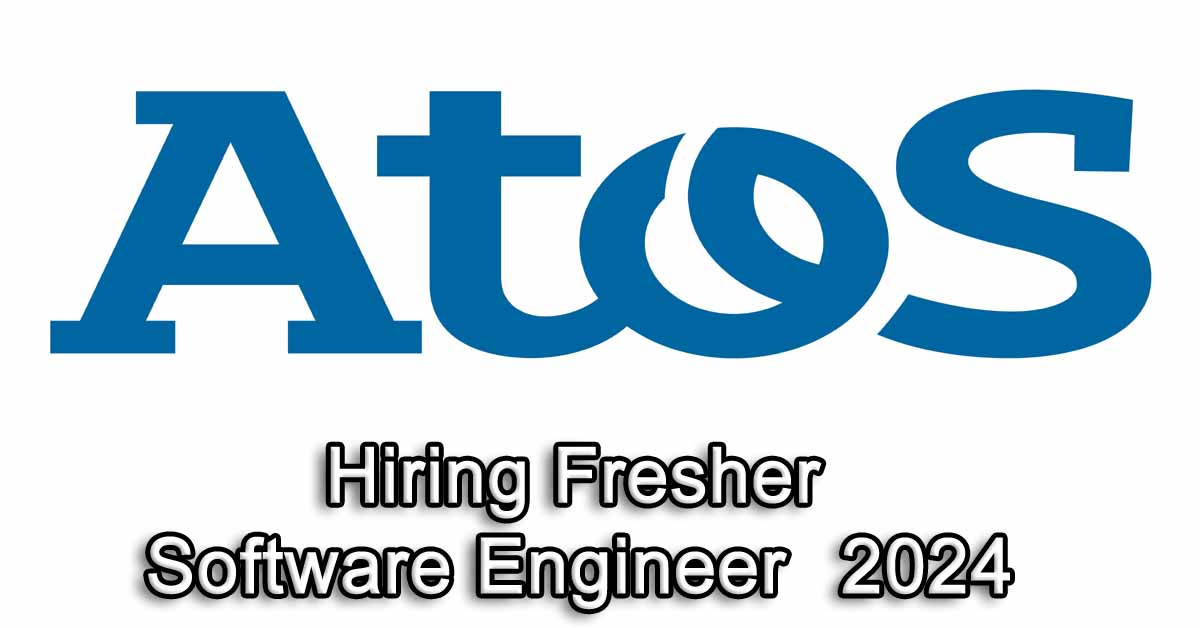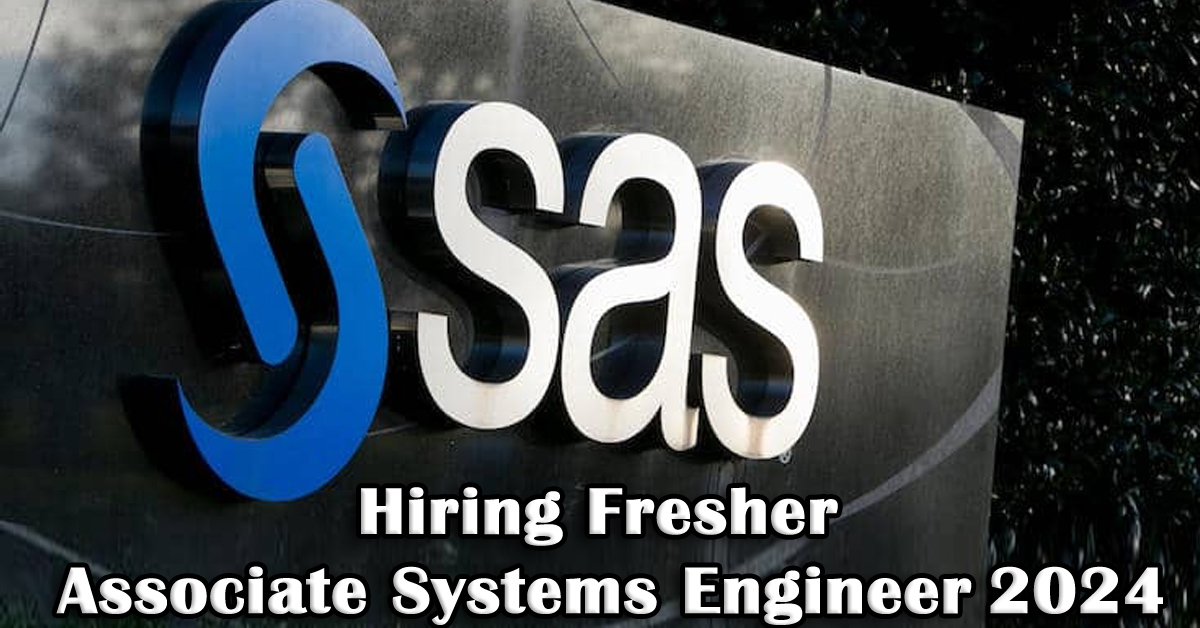CloudBees Jobs for Freshers 2024 for Associate Software Engineer
CloudBees jobs for freshers 2024 ,CloudBees jobs for bca freshers,CloudBees Jobs for Freshers 2023, CloudBees jobs,it jobs vacancy,freshersworld,jobsforu,freshershunt. CloudBees Mass Hiring * Role: Associate Software Engineer * Salary: 3.5-5.5LPA(Expected) * Location: Bangalore Remote * Experience: Freshers(0-1Year) * Education BE CS/IT/All Branch * Batch Recent-Batch CloudBees Jobs For Freshers 2024 For Associate Software Engineer. CloudBees jobs … Read more









